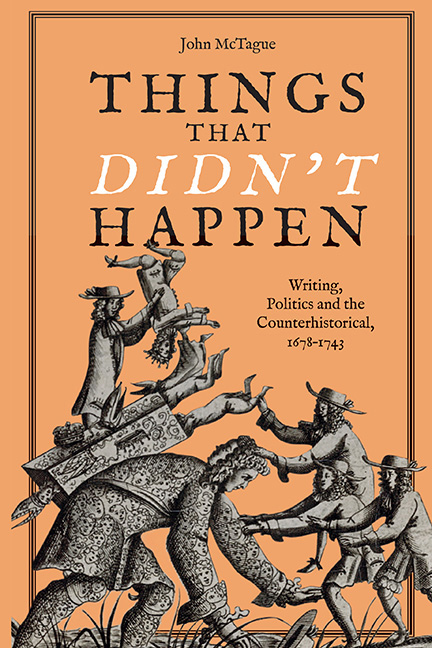Summary
NEITHER Charles II nor his successor, James, Duke of York, were assassinated. This statement is especially true of the year 1683, for a plot to do precisely that was exposed that June. The king and his Catholic brother were to meet their end by way of ambush at the Rye House in Hertfordshire, on their return from the horse racing at Newmarket. A fire at Newmarket cut that trip short, and Charles and James travelled back to London before the conspirators could gather either wits or blunderbusses. Nevertheless, many of those conspirators were tried and executed. The following year, the poet and translator Samuel Pordage published a Pindaric ode related to this incident: The loyal incendiary, or, The generous boutefieu (London, 1684). According to the title page, this composition was ‘occasioned by the report of the owners bravely setting fire to the Rye House, as the King came from Newmarket’. The return from Newmarket in question was the one made a year after the conspiracy's dissolution, at the end of March 1684. It is worth pausing over the poem's occasion. If this inferno did take place, it is a curious kind of display to put on for the passing king: it is a kind of ceremonial erasure, doing away with a location polluted by treason; it is a sort of historical re-enactment, mimicking and commemorating the fortuitous fire that saved the royal family the year before; it is a celebratory bonfire giving thanks for the continued safety of the monarch, an entertainment to accompany his return home. This is not a good Pindaric ode, but it is a counterhistorical one: in explaining the fire's significance, Pordage adjusts the history of the assassination plot. This adjustment betrays an inclination to treat this thing that didn't happen very much as a thing that did. Pordage needs something bad to have happened at Rye House, justifying and explaining the 1684 fire. However, the house was only ever a prospective location for evildoing. His response is to suppress that inconvenient truth and present the location as a locus horridus in which plotters plotted and at which assassins laid in wait.
- Type
- Chapter
- Information
- Things that Didn't HappenWriting, Politics and the Counterhistorical, 1678–1743, pp. 1 - 24Publisher: Boydell & BrewerPrint publication year: 2019



